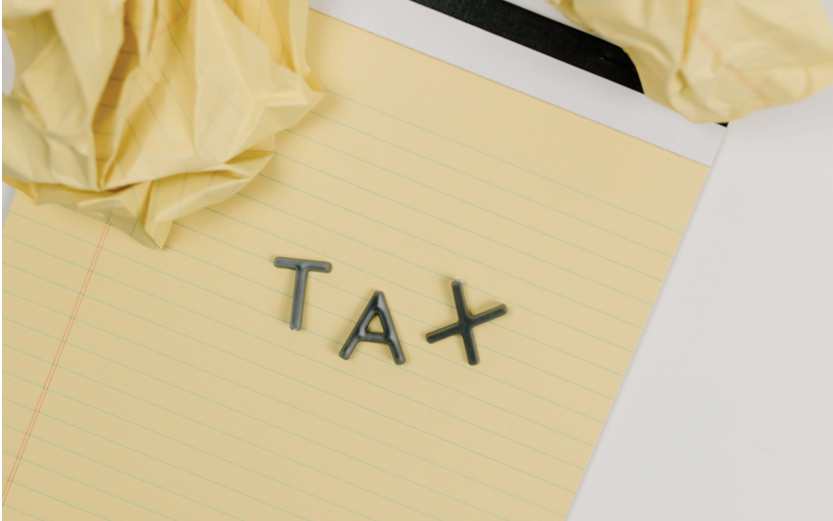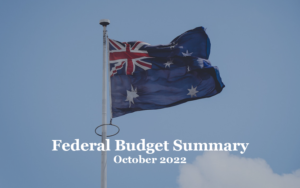I’m sure we can all agree that tax is something we would prefer to not pay; or at least not pay any more than we need to.
The ATO provides us with the ability to claim a tax deduction for personal expenses we incur in the quest to generate assessable income. It also incentivises through tax concessions, to reward certain practices such as funding for our retirement through superannuation.
So, rather than leaving it late, we have listed a few general tax tips for individuals which you may consider to either reduce your potential tax liabilities for the 2020/2021 financial year, or even to maximise your tax refund. But remember, you should always receive professional advice to determine which of these tips are appropriate for you.
Tax Tips 2021
Superannuation contributions
A ‘concessional’ contribution of $25,000pa may be made and a full tax deduction claimed for the 2020/2021 financial year. It’s important you don’t exceed this amount and remember your employer contributions are included in this limit. So, check-in again in June at what level your contributions sit at for the year, and if it makes sense it may be worthwhile adding while under the $25,000 limit.
And if you qualify under the ‘catch-up’ super provisions (detailed in our previous blog) your concessional contribution could be significantly higher.
General working deductions
Generally you can claim a deduction for work-related expenses (including educational costs). In order for the expense to qualify, you must not have been reimbursed by your employer and the expense must relate directly to your occupation and the earning of income. You must always keep your receipts.
The ATO has a list of occupation specific expenses which is helpful here.
Home office deductions
Many of us are continuing to spend more time working from home. If you are, you may be able to claim a deduction for expenses you incur relating to work.
For 2020/2021, the ATO will allow you to continue to use the ‘Short-cut’ method in determining your home office expenses. This basically involves maintaining a diary for 4 weeks noting the hours you work from home. An amount of $0.80 per hour may then be claimable.
The second method is the ‘Actual’ method, whereby you retain receipts and claim work related expenses (including depreciation on equipment), for which your employer has not reimbursed you. If you have a dedicated office, you may also claim utility expenses.
It’s actually worth considering both methods and to compare which is more appropriate for you.
Pre-payment of expenses and interest
Bringing forward deductible expenses is a great way to help manage your tax position.
If you have borrowings on an investment, such as property or shares, you may pre-pay the next 12 months worth of interest in June.
Capital gains tax deferral & the 12 month rule
If you are contemplating the sale of an asset, and expect to generate a capital gain, you may want to consider selling after 30th June to defer your tax liability.
Also, if you can hold on to an asset for 12 months before selling it, you will qualify for a capital gains discount of up to 50% (except for an asset held in the name of a company).
Offsetting capital gains with capital losses
If you have a capital gain for the year, one way to reduce it is to sell down any asset which may be trading at a loss. Just remember that any capital losses will reduce the gross capital gain (ie. The gain before any discount is applied).
It’s also worth noting that any capital loss which is not used may be offset against future capital gains.
Income protection insurance
Income Protection insurance protects up to 75% of your salary, if you can’t work due to injury or illness.
Not only is income protection imperative for many people, the premium is also tax deductible.
If you haven’t had you insurance needs reviewed, this may well be a trigger to get it done and possibly benefit from a tax deduction.
With the end of the financial year approaching, careful planning now may help to minimise any tax liability you may incur. So, don’t wait until it’s too late.
Review your personal situation now, and if you need clarification on what you can do to improve your situation, please get in touch.
Call Steward Wealth today on (03) 9975 7070.





